News
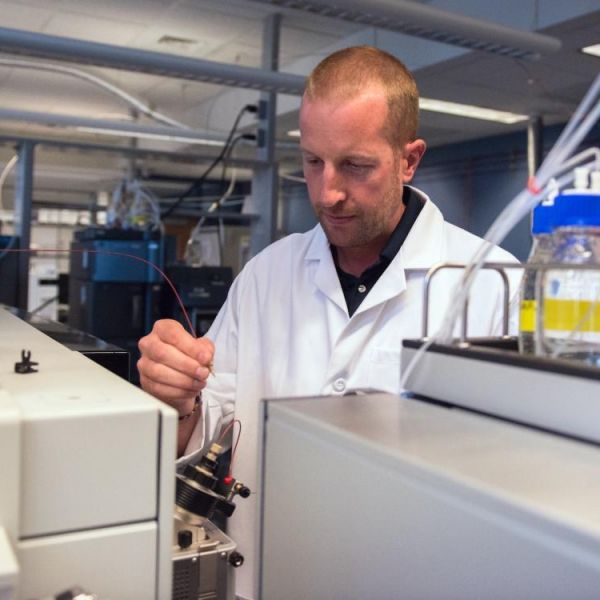
Feb 28, 2024
New role for bacterial enzyme in gut metabolism revealed
Bile acids long have been known to play a role in human metabolism. Synthesized from cholesterol in the liver, bile acids are involved in digestive processes, particularly in absorbing fat.
Full Article
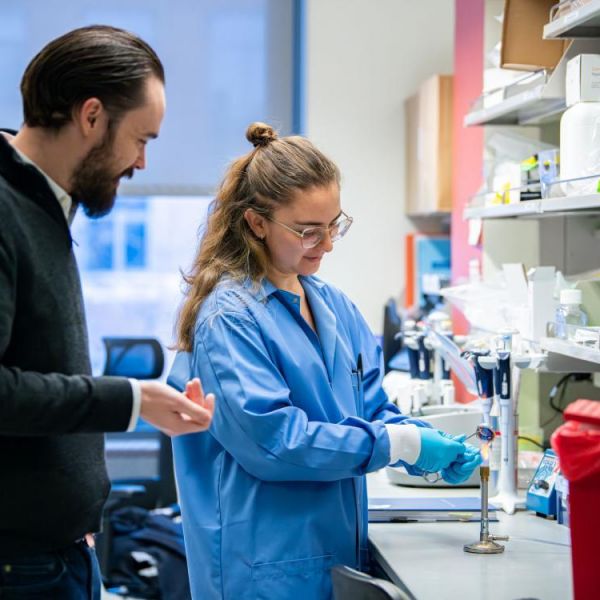
Feb 06, 2024
$1.9M NIH grant to support research on impacts of the microbiome on human health
To help understand how complex communities of microbes impact human health, the National Institutes of Health’s National Institute of General Medical Science has awarded a five-year, $1.9 million Maximizing Investigator’s Research Award to Jordan Bisanz
Full Article

Jan 25, 2024
Penn State, QIAGEN announce strategic partnership to advance microbiome sciences
Penn State, known for innovations in interdisciplinary research, and QIAGEN LLC, a leader in sample-to-insight solutions, have signed a memorandum of understanding (MOU) to foster advancements in microbiome sciences
Full Article
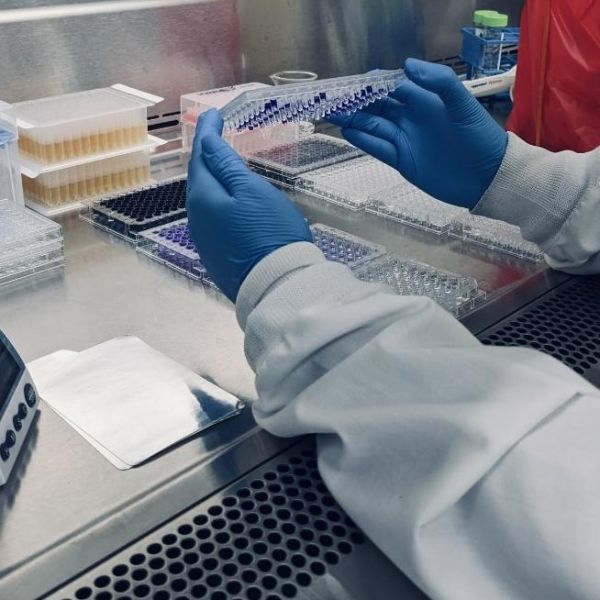
Jan 23, 2024
Foodborne-pathogen Listeria may hide from sanitizers in biofilms
An estimated 1,600 people in the U.S. contract a serious infection from Listeria bacteria in food each year. Penn State researchers may now better understand how the bacteria, called Listeria monocytogenes, survive and persist in fruit-packing plants by evading and surviving sanitizers.
Full Article
Jan 11, 2024
One Health Microbiome Symposium to convene experts for innovative discussions
Penn State’s One Health Microbiome Center will host the One Health Microbiome Symposium on May 30-31, 2024, at the Huck Life Sciences Building.
Full Article

Jan 09, 2024
The stories that defined 2023 for the One Health Microbiome Center
A list of the top 10 most popular Penn State News articles about the One Health Microbiome Center
Full Article
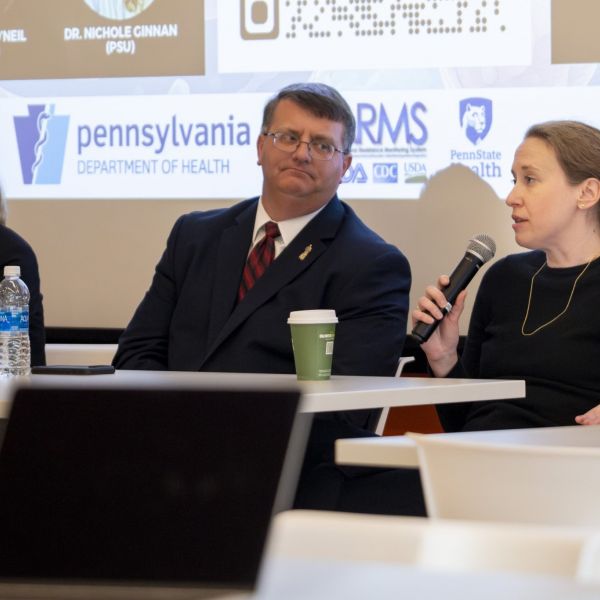
Dec 13, 2023
Antimicrobial Resistance Awareness Day Sheds Light on Crucial Health Challenge
On November 30, the One Health Microbiome Center brought together a multidisciplinary group of clinicians, experts, and researchers to discuss the issue of antimicrobial resistance, a major public health challenge.
Full Article
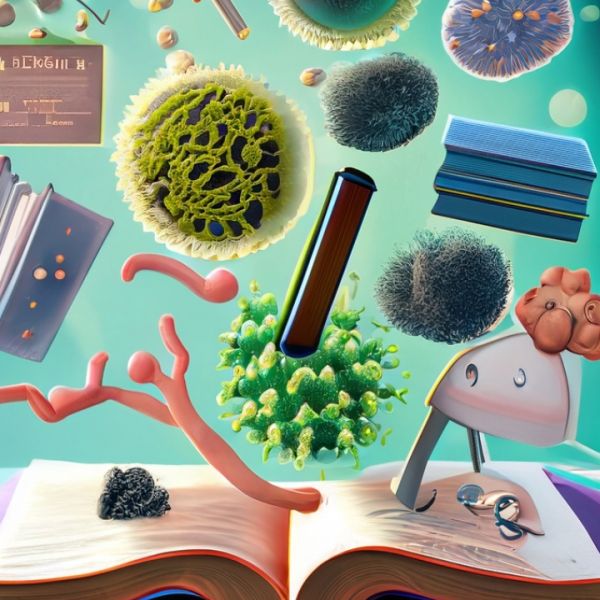
Dec 08, 2023
Penn State researchers propose a path to authenticate the Microbiome Sciences
Penn State's One Health Microbiome Center is taking a lead role in the promotion of Microbiome Sciences as an autonomous discipline, publishing an editorial in the latest issue of PLOS Biology.
Full Article
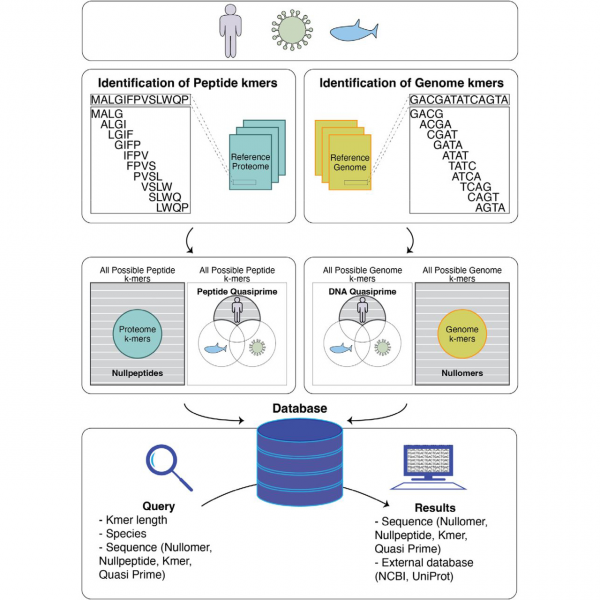
Dec 07, 2023
Penn State researchers announce new comprehensive -Omics database
A group of Penn State scientists have announced kmerDB, an extensive catalogue of sequence information representing all domains of life.
Full Article

Dec 07, 2023
New USDA grant to support graduate reproductive microbiome training program
The USDA NIFA has awarded Penn State a five-year, $238,500 grant to establish a graduate training pipeline in reproductive microbiome research.
Full Article